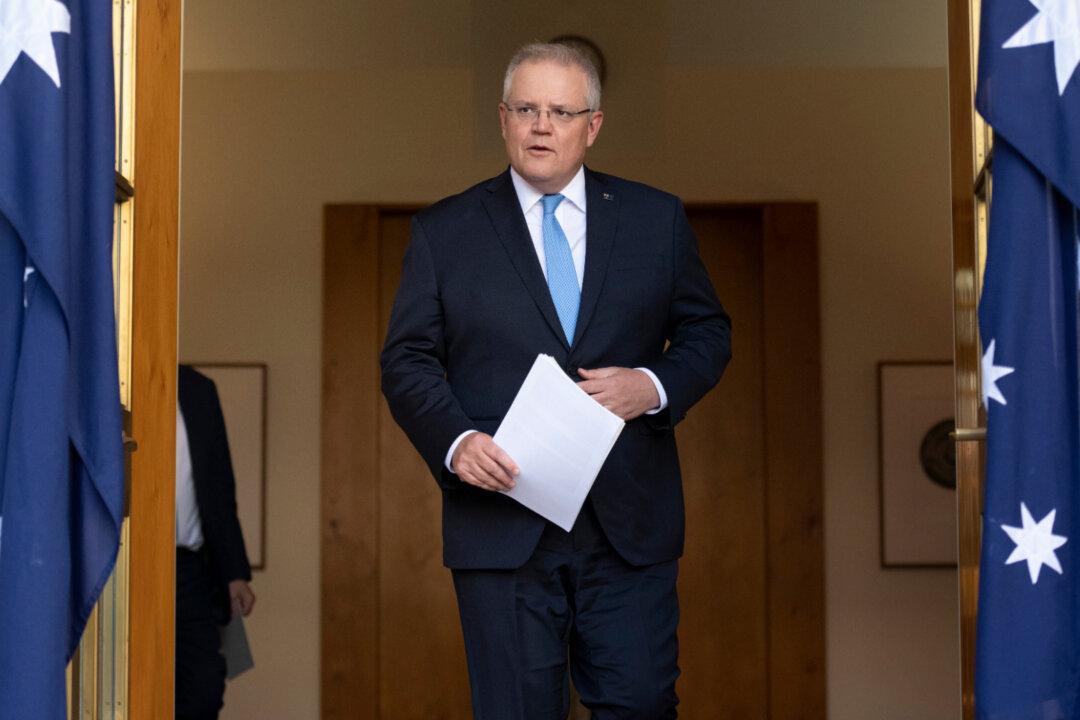Prime Minister Scott Morrison has signalled that workplace conditions need to change for the Australian economy to recover swiftly from the CCP virus pandemic.
In an article published in The Australian on May 18, the prime minister said that the economy could not go back to the way it was before the outbreak of the CCP (Chinese Communist Party) virus, commonly known as novel coronavirus.




